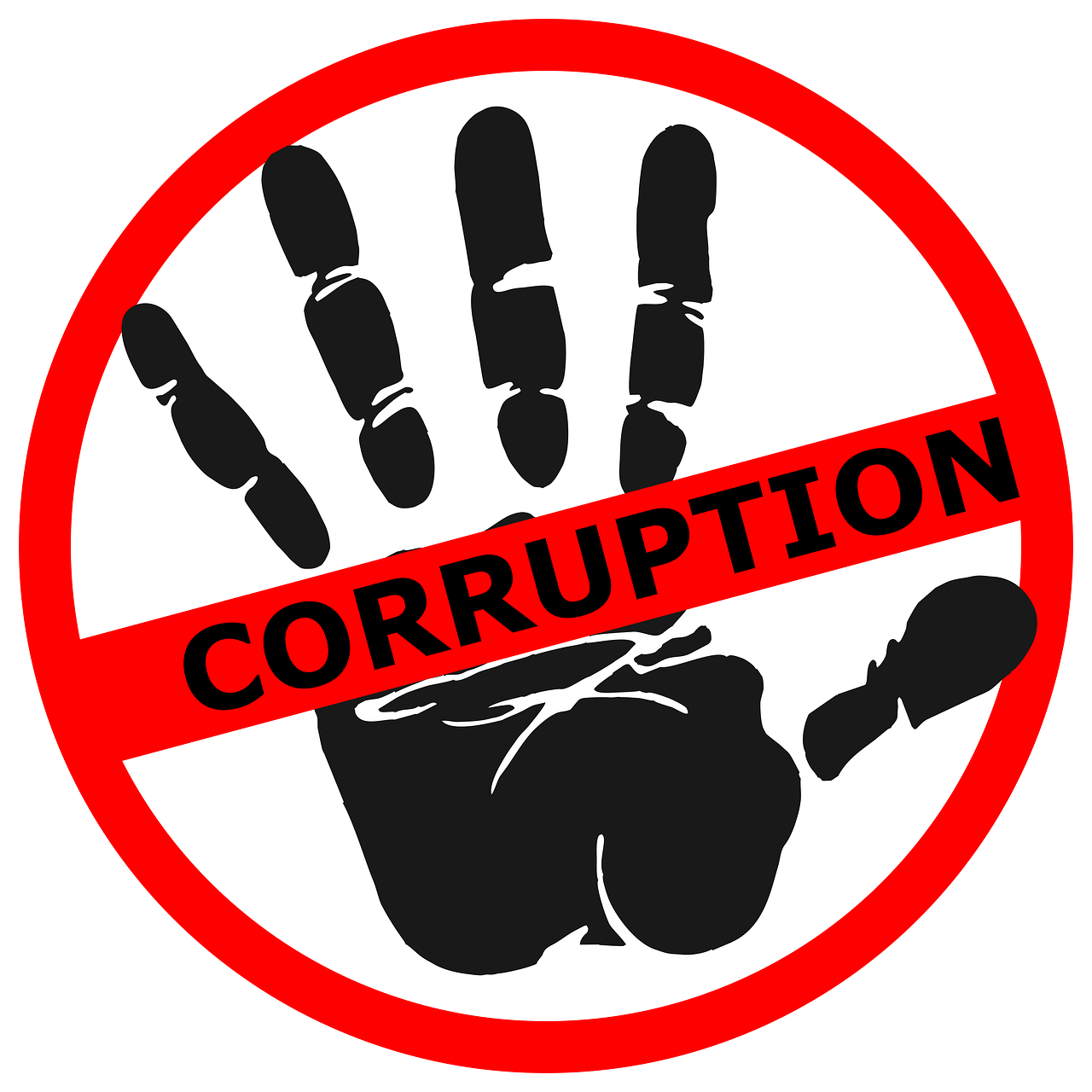Kenya at crossroads confronting corruption through reform and accountability
Kenya loses an estimated Ksh.608 billion annually equivalent to 7.8% of its GDP through inflated contracts, ghost projects, bribery, and tax evasion.

Corruption in Kenya has grown beyond a governance issue it is now a national crisis undermining the country’s economy, social justice, and international standing
Deeply entrenched in public and private institutions, corrupt practices have infiltrated every level of society, creating a culture that normalizes bribery, favoritism, and misuse of public funds
Kenya loses an estimated Ksh.608 billion annually equivalent to 7.8% of its GDP through inflated contracts, ghost projects, bribery, and tax evasion.
These losses directly harm essential sectors like healthcare, education, and land services, denying ordinary citizens access to critical public goods
Yet, there are signs of hope. The government has taken bold legislative and institutional steps to curb corruption. Key among these are the Kenya Integrity Plan (2023–2028), the Conflict of Interest Act, and the proposed Anti-Corruption Laws (Amendment) Bill, 2025
Also read : National Exams Enter Third Day Smoothly Despite Rains, Says PS Raymond Omollo
Together, they aim to create a system where integrity is rewarded and abuse of power is punished
The Kenya Integrity Plan, spearheaded by the EACC and KLIF, seeks to transform national values by promoting ethics, enhancing transparency, and fostering partnerships across sectors. If implemented effectively, it could shift Kenya’s culture from corruption-based to integrity-driven governance
The Conflict of Interest Act, enacted in August 2025, addresses a key loophole that allowed self-dealing and fraud
It criminalises public officials doing business with government entities and mandates asset declarations, reducing opportunities for abuse of office
Meanwhile, the Anti-Corruption Laws (Amendment) Bill, 2025 proposes faster resolution of graft cases, limits on adjournments, whistleblower protections, and expanded EACC investigative powers reforms that could finally make accountability more than just a slogan
However, laws alone will not end corruption. Sustained progress depends on political will, institutional independence, and citizen participation
Agencies like the EACC, ODPP, and Judiciary must be shielded from political interference, while leaders must model transparency through ethical appointments and decision-making
Digitising public services, especially in procurement, land registries, and licensing, can also reduce human contact points where bribery thrives
But Kenya must guard against rising cyber and digital financial crimes that could undermine these gains
The private sector must also take responsibility by enforcing compliance frameworks, rejecting corrupt deals, and fostering fair competition
Corruption increases business costs, deters investors, and erodes public trust making ethical business practices not just moral, but strategic
Kenya can take inspiration from Singapore, which overcame endemic corruption through strong leadership, competitive pay, and swift justice
The lesson is clear: change is possible when integrity is institutionalized and accountability is non-negotiable
If Kenya truly embraces transparency, reforms, and civic empowerment, it can reclaim its potential as a beacon of justice and transformation in Africa
The fight against corruption is not just a moral duty it is an economic and existential necessity
Writer : Mweru Mbugua




